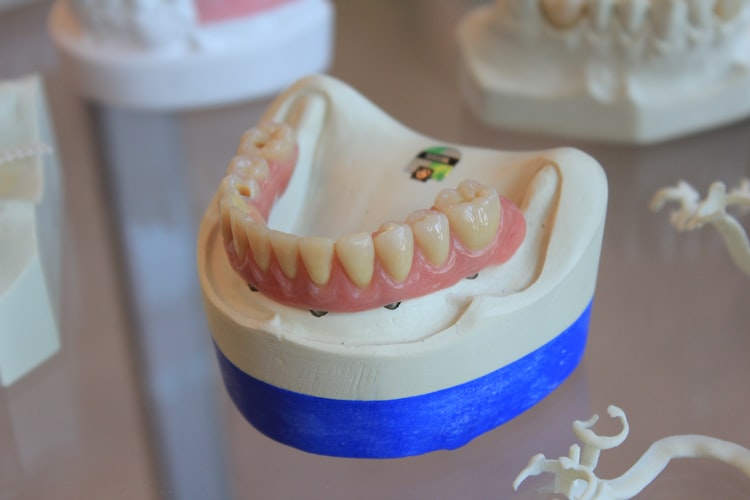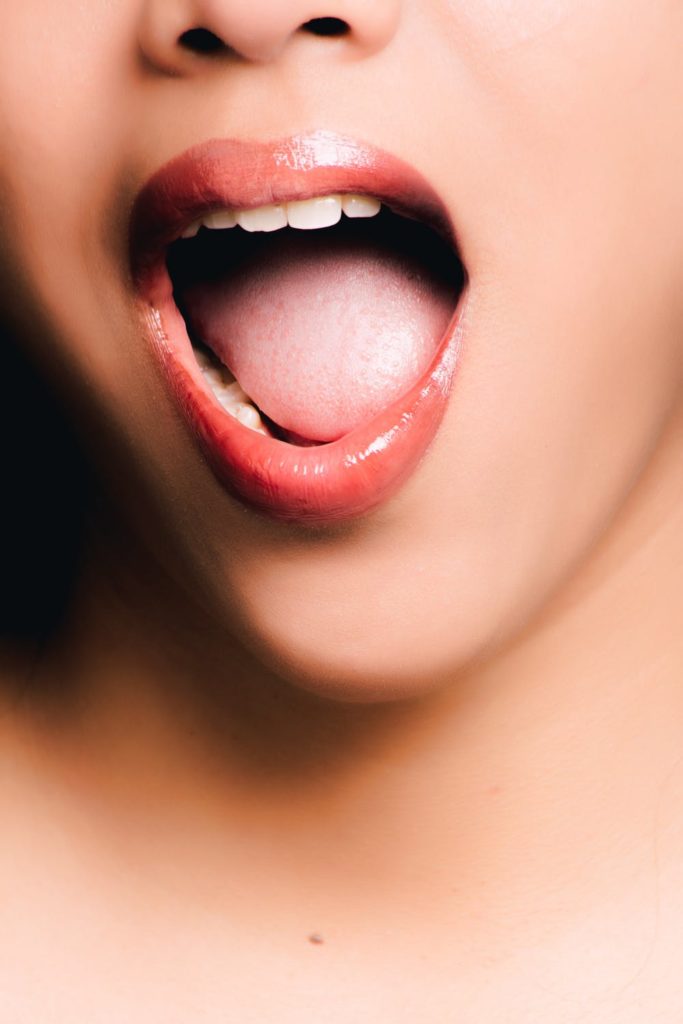
Raising children is a heavy responsibility. They are entirely reliant on their parents to make the correct decisions regarding the health and wellbeing. Parents have to be aware of the needs of a growing and developing child, from day one onwards. One area of a child’s overall wellbeing which is often not given the credence it should be, is that of dental health.
The development of a child’s teeth begins in the womb. At around five weeks’ gestation the baby’s primary teeth begin to form in the jaw. With this in mind, the mother plays her part in the development of her unborn child’s teeth. At this early stage a prospective mother’s health and nutrition is of paramount importance in the growth of the unborn child’s teeth.
At the time of birth, a healthy baby will have 20 primary teeth, 10 in the upper jaw and 10 in the lower. Sometimes referred to as milk or deciduous teeth, they are, in the majority of cases, hidden in the jaw below the upper level of the gums.
Eruption of Primary Teeth
‘Eruption’ is the term used to refer to the point at which the primary teeth begin to break through the outer gum line. Parentally, this is more commonly known as teething. The point at which this begins in the baby’s development can vary considerably. A baby may cut its first tooth at just a couple of months old or it may not happen until after their first birthday.
Teething
‘Eruption’ refers to the tooth breaking through the gum line. In babies, tooth eruption is also called teething. The timing of tooth eruption differs from child to child. For example, one child may cut their first tooth when only a few months old, while another may not start teething until they are 12 months old or more. Then there is the rarer occurrence when a baby, about 1 in every 2,500, has one or more visible teeth at birth.
Although not an exact science, it is usual to expect a baby to have its full set of primary teeth by the age of 3 years. All too often these primary teeth do not get all the care and attention that perhaps they should. These teeth are designed to fall out, as such, many parents fail to understand their importance. Their importance should never be understated, they enable a child to chew food properly and learn to form sounds and speak properly, and vitally, the primary teeth reserve the gum space for the later onset of the adult teeth.
Neglected Primary Teeth
When the health and hygiene of primary teeth is neglected they will quickly decay and require dental treatment. Decaying teeth will lead to pain, they will affect eating and sleeping in a young child which can contribute to slow growth and development. A lost tooth will lead to the other teeth drifting which can negatively affect the later emergence of the adult teeth. Severe neglect of the primary teeth can necessitate specialist treatment by a pediatric dental surgeon under general anaesthetic.
Permanent Teeth Eruption
The second, permanent set of teeth are often referred to as secondary or adult teeth. These adult teeth begin to develop from birth and will start to make a move to erupt, on average, at around six years. It is usually the 4 molars behind the existing teeth that emerge first with the others pushing out of the gums to fill the gaps left by the primary teeth as they fall out. Just as with the primary, this process will vary considerably from child to child.
During and after the full emergence of adult teeth dental health and hygiene is of paramount importance. Diligent care will help to ensure a full set of strong healthy adult teeth. But with so much importance put upon the care of a child’s teeth how can any parent be expected to automatically know what to do to ensure the health of their children’s teeth?
Knowledge and Care
As the 21st century author Noel DeJesus said, “Knowledge is King”. Never is this so true than when we think of our child’s health. With knowledge we can prevent, and prevention is better than cure. But there is no school of parenting from which a parent can graduate, there are no diplomas in caring for your child’s teeth. So where is the knowledge and advice that a parent needs? Fortunately for those resident or visiting Bangkok there is the Samitivej Hospital Group.
Samitivej Hospital’s Pediatric Dental Clinic
This is a facility dedicated to the health and dental care of babies, children and adolescents. But at Samitivej Hospital they go further. Across the spectrum of medical care Samitivej staff believe in prevention being better than cure. They push this mantra by encouraging parents to be proactive rather than reactive in their child’s health.
It is with this in mind that Samitivej Hospital’s Pediatric Dental Clinic offers every parent comprehensive advice and guidance as to the necessity of dental hygiene for their children. Initially the specialists will advise that every child has their first dental check-up at six months of age or after the emergence of babies first tooth.
Following the first check-up it is usual for further check-ups to be at six month intervals, however this is just a rule of thumb recommendation. The specialists will also be taking into account each individual child’s dental health risk factors. In doing so, it may be recommended that check-ups are done more or less frequency.
It is fair to say that there will, at some point in a child’s development, be issues with their dental health. With Samitivej’s belief in a preventative and proactive approach to dental health, the recognition and diagnosis of potential problems means they are able to treat and correct problems before they become major issues that will affect the longer term oral health.
Sadly, intrusive treatment is sometimes necessary to ensure a child’s immediate and future dental health. Many young children are not at ease with a visit to the dentist, they think of it as an unpleasant experience and they can become upset and distressed. Some children may have other medical issues or disabilities which make dental treatment difficult or even traumatic.
Samitivej’s dental specialists recognize this fact and are sympathetic to it.
Some children may have other medical issues or disabilities which make dental treatment difficult or even traumatic. Samitivej’s Dental Clinics have skilled professionals that can administer sedative medication to ease the discomfort of treatment, or gas, this allows a child to sleep through the treatment process.
With the hospital now incorporating into its treatment plans the very latest in laser technology, child patients will be able to receive painless treatment and experience shorter recovery times. Embracing safe, proven advances in technology the Samitivej Hospital Group will be able to continue to offer the very best, most advanced and safest dental care for every child.
